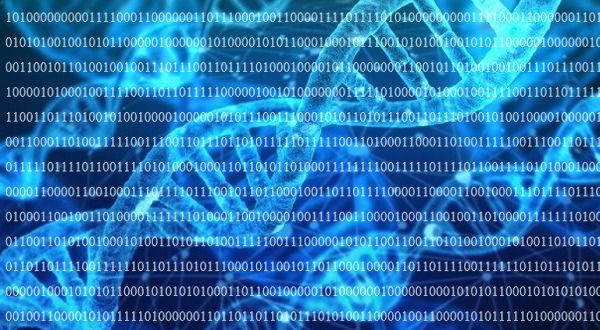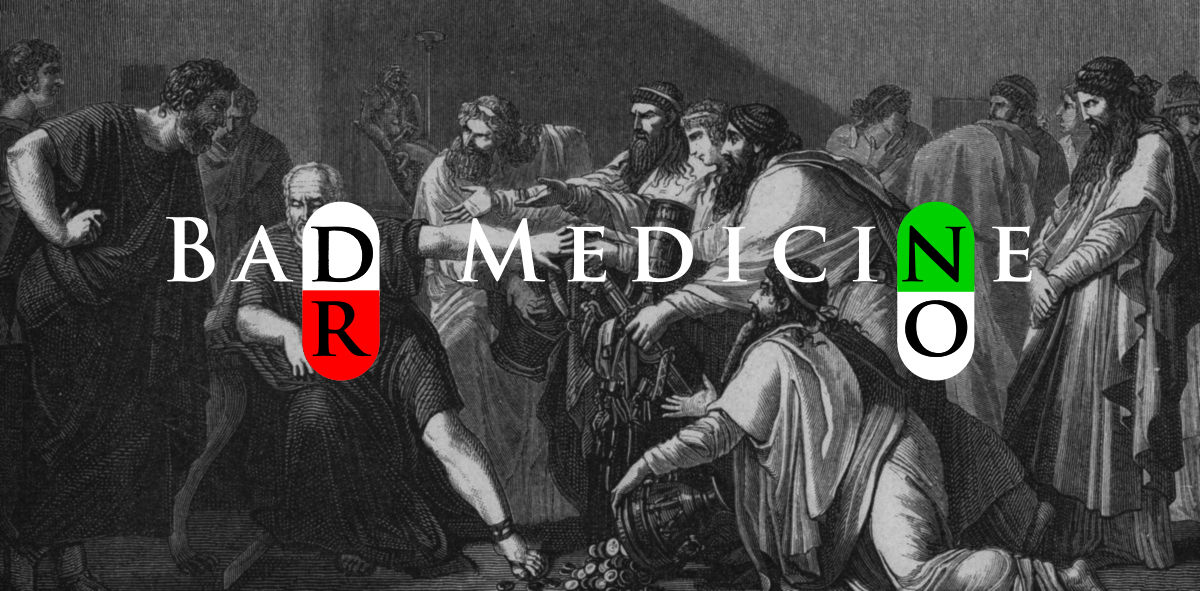Surveillance Capitalism

If listening to Martha Kearney on the Today programme is like watching the mould grow on your breakfast yoghurt, then hearing Hatt Mancock’s hosannas for mass covid testing on an industrial scale on the same programme last week was enough to cause Dr No’s yoghurt pot to explode, with deleterious consequences for the immediate environment. Maybe, but only maybe because there are significant unanswered conduct, consent and compulsion questions, the epidemiologist (lower case e) in Dr No can see the attraction, but the Individual (upper case I) in Dr No countered and then drowned the appeal by screaming privacy, Privacy, PRIVACY! Why? Because, while the surveillance programme might have a faint blue NHS logo tacked loosely somewhere on the threshold, the machinery inside is almost entirely privatised.
The essential features of capitalism, we might remind ourselves, is that the means of production are privately owned, and means of production are operated in the pursuit of profit. In the industrial era the means meant looms and steam hammers, and the products were tangible, but in today’s globalised digital world, the means are just as likely to be the computer chips and software that make up the digital world, and the product is just as likely to be information. When we do a search on Google, or otherwise interact digitally with the internet giants, we barter information. As we enter a search term in Google, we tell Google what we are interested in, and in return Google, tells us something about that in which we are interested. A bargain has been struck, and the currency is information. Were Adam Smith alive today, he might have said it is not from the benevolence of Google, Facebook or Microsoft that we expect our digital fix, but from their regard to their own self-interest — which is to gather and sell information.
The relentless collection of information by the internet giants is nothing short of mass surveillance. Their ravenous appetite for information, or more correctly data, as information is the product of organised data, is both astonishing and at the same time entirely understandable. Machine learning and the production of algorithms need big data, and the bigger the better, because it is through vastness that the inconsistencies of sampling are smoothed out. The high-tech giants’ utopia, were it ever to be realised — a dystopic theme explored in the excellent recent BBC aired TV series DEVS — would be to know everything about everyone, and the product would be that they can predict, with astounding accuracy, not just what we are doing now — they already know that — but also what we will do tomorrow, next week and next year, even next decade. To know better than the individual what he or she will do in the future is of immense value, both commercially — the Italophile tourist gets offered the perfect Italian holiday — and politically — the swing voter gets the message that will swing them this way or that.
This is the new world order of surveillance capitalism, a term introduced by Shoshana Zuboff, a professor emerita at Harvard Business School. Speaking in an interview last year, she defined surveillance capitalism “as the unilateral claiming of private human experience as free raw material for translation into behavioural data. These data are then computed and packaged as prediction products and sold into behavioural futures markets — business customers with a commercial interest in knowing what we will do now, soon, and later. It was Google that first learned how to capture surplus behavioural data, more than what they needed for services, and used it to compute prediction products that they could sell to their business customers, in this case advertisers.”
It is one thing to assemble digital profiles from our holiday searches on Google, or any of the other myriad of online interactions we have, but these are only parts of the human domain, that reflect our consumer, personal and political interests. Another vast part of the domain is as yet largely untapped, that of the individual’s health and health record, and even more alluringly for the giants, the individual’s genetic profile. Small inroads have been made by companies such as DnaNudge, which offers diet and health advice based on your genetic profile, and a Chinese unicorn — a private start up company valued at over $1billion — has as yet unrealised plans to do for personal health what on board diagnostics have done for cars, but for the giants, collecting health and genetic data has remained frustratingly elusive, though not for want of desperate attempts. Google has even filed a US patent for a smart bathroom setup that includes a bog seat cardiac health monitor, which if it ever goes operational would take a mundane visit to the bathroom to an entirely new level.
Elusive, that is, until covid-19 came along. A contagious pandemic is the perfect problem looking for a digital friction-less no-touch high-tech solution. “Humans,” said one high tech company CEO recently, “are biohazards, machines are not.” As panicked governments clutched at straws back in March, high tech companies fell over one another to offer free bushels of the stuff, hoping — indeed expecting — that the payback would come in the form of access to health data. Growing fears about data privacy have since caused some but not all of these contracts to be cancelled, but let us be clear: we got within a hair’s breadth, or less, of allowing private commercial concerns, some with a known dodgy history, direct access to ‘pseudonymised’ personal health data.
There is no way at the moment — and that could only change if only the government drops its ideology, which it is hardly likely to do — that mass testing for covid-19 can happen without major private sector input. Indeed, the government has already awarded DnaNudge a £161m contract for 5.8m test kits along with 5,000 modified nudge boxes to do the tests, but it is not clear whether these covid and other respiratory virus modified boxes will retain the ability to analyse and record the subject’s own DNA, a plausibility made more likely, Dr No suggests, by the fact it hasn’t been explicitly denied. Given that Hatt Mancock’s latest target for mass testing is 4m tests over an unspecified, but likely months, time frame, it seems entirely possible that these — and more — could all be done using DnaNudge’s 5.8m kits, meaning that the better part of 10% of the UK’s population may unwittingly hand over their genetic data to a private concern.
At the moment, this remains plausible conjecture, no more, no less. If it becomes reality, it will be one of the most breath-taking personal health data grabs ever achieved — and a masterclass in covert surveillance capitalism. Along with the significant and chilling medical, logistical and ethical concerns already pegged to mass covid–19 testing, Dr No is left with no sense of urgency to rush to the front of the covid testing queue. Instead, he might just head for the hills.
